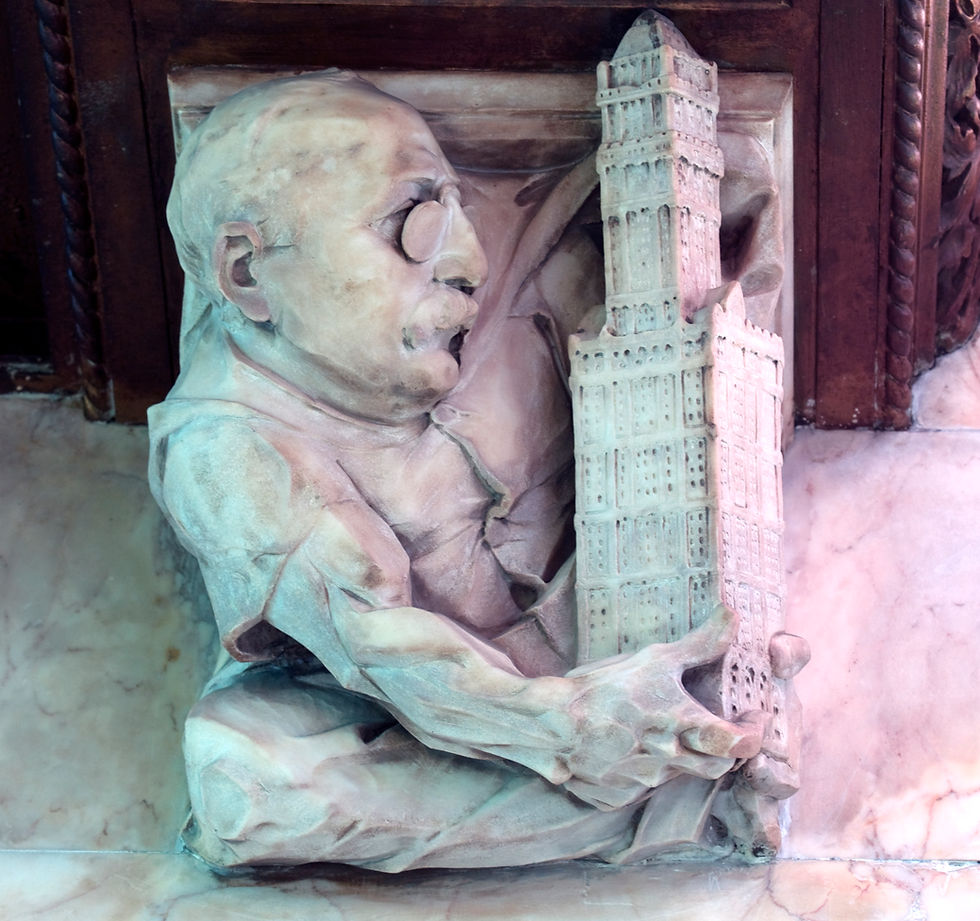Article: Hobbes's Agnostic Theology before Leviathan
- Jul 4, 2017
- 1 min read
Updated: Jun 22, 2021
Arash Abizadeh. "Hobbes's Agnostic Theology before Leviathan." Canadian Journal of Philosophy, 47.5 (2017): 714-737.
Abstract: Prior to 1651, Hobbes was agnostic about the existence of God. Hobbes argued that God’s existence could neither be demonstrated nor proved, so that those who reason about God’s existence will systematically vacillate, sometimes thinking God exists, sometimes not, which for Hobbes is to say they will doubt God’s existence. Because this vacillation or doubt is ongoing, reasoners like himself will judge that settling on one belief rather than another is epistemically unjustified. Hobbes’s agnosticism becomes apparent once we attend to his distinctions between the propositional attitudes one might adopt towards theological claims, including supposing, thinking, having faith, and knowing.
(First of two articles on Hobbes's theology. The sequel is here.)




Comments